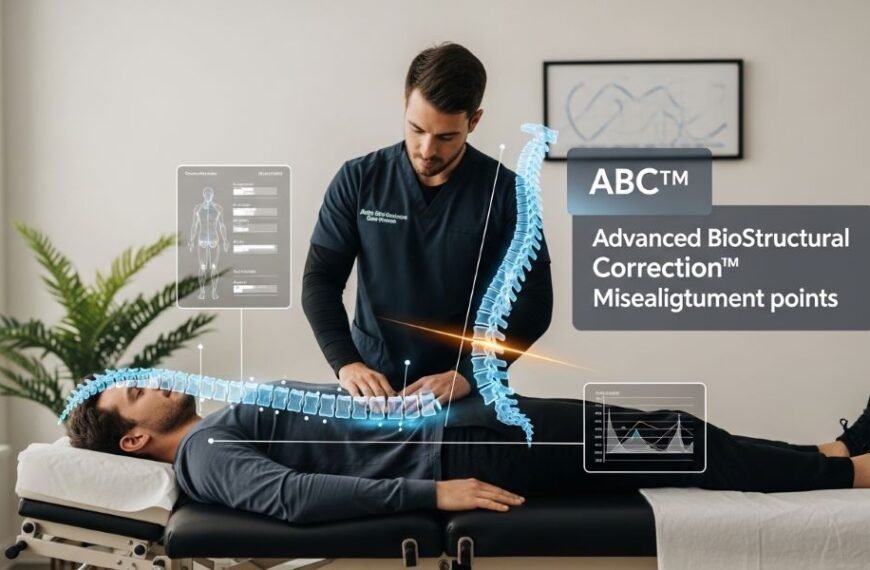The digital advancement of the healthcare sector has completely changed how care is delivered to the patient. Thanks to current tech trends, from consulting the best doctors online to getting medicines delivered to doorsteps via phone, healthcare has become more accessible than ever.
But to understand how healthcare tech is evolving, we have a repository of the top 6 healthcare trends to talk about today. These trends are leading the charge in the digital transformation of the healthcare industry.
1. Artificial Intelligence (AI) in Healthcare
The use of AI in the healthcare sector has significantly improved diagnostic accuracy. In the past, the diagnosis was time-consuming and the doctors often struggled to interpret results accurately. This led to patients undergoing more tests, which resulted in a delay in treatment.
AI in healthcare came as a boon, reducing diagnosis time and improving accuracy. How does AI in healthcare work? AI can interpret X-rays and MRIs to detect serious issues like cancer and cardiac issues faster than traditional methods.
Similarly, AI can be used to predict health risks for patients.
For example, AI can analyse patient data from Electronic Health Records (EHRs) and identify patients with a greater risk of developing conditions like diabetes or heart issues. AI chatbots are also there, providing real-time responses, medication reminders, and appointment scheduling.
What’s next? In the coming years, AI will become a common assistant in day-to-day clinical decisions, reducing human error and speeding up the entire healthcare workflow.
According to a MarketsandMarkets report, possibilities of AI in healthcare are leading the CAGR of its integration to 49.1%.
2. Telemedicine and Virtual Care
Telemedicine has been around for a while now, but recently, it has become one of the most preferred methods of consultation. Technologies like mobile apps have helped.
Healthcare apps, specifically, can help patients connect with specialist doctors from the comfort of their home. This is beneficial for people in remote or underserved areas or people who have mobility issues.
The future? Virtual care will become one of the most preferred methods to contact doctors for non-emergency issues. We’ll also see growth in video triaging, remote second opinions, and AI-powered virtual assistants.
So, whether you offer healthcare services or target the industry, you have opportunities to leverage there that can unlock growth.
3. Wearable Health Technology
With the digitalisation of the healthcare sector, people have now become more aware of their health. They know how important it is to monitor their health to avoid major issues.
As a result, wearable healthcare technology has become common among the masses and has seen a sharp rise in sales. The benefits of these gadgets are immense.
For instance, an Apple Watch that uses sensors to detect irregular heart rhythm. In any abnormal situation, the watch will alert the patient as well as the doctor, which will result in timely intervention and prevent serious issues like a heart attack.
Similarly, healthcare gadgets can track weight, body fat, cholesterol, and prevent issues like diabetes and high blood pressure.
Why does it matter?
These devices allow for preventive care. Instead of waiting for symptoms to worsen, issues can be caught early, improving outcomes and reducing hospital visits.
4. Remote Patient Monitoring (RPM)
Imagine a patient recovering from a surgery. He is on bed rest and can’t visit the hospital. RPM can help him get checked at home. By using connected devices, patients can share data like blood sugar levels, heart rate with the doctor. In case of any abnormalities, the doctor can immediately intervene and prevent complications.
What’s ahead?
RPM will become the most preferred method for elderly, chronic disease management, and palliative care. With 5G and the Internet of Things (IoT) integration, these systems will become even more responsive and reliable.
5. Electronic Health Records (EHRs)
In the past, patients used to maintain bulky files of their medical history, including prescriptions, test reports, and imaging results. This was a messy task, especially for patients with long-term health issues.
EHRs simplified keeping the track record of medical history. Now, all the patient’s medical history is available in a digital format, making it easier for doctors to read and share.
The biggest benefit of EHR is time saving. It also improves coordination between departments and reduces errors. For instance, a cardiologist and a primary care physician can now access the same up-to-date information and collaborate on a treatment plan in real time.
The road ahead?
Smarter, AI-integrated EHRs that can flag inconsistencies, suggest treatment paths, or notify providers about overdue screenings.
6. Personalized and Predictive Healthcare
Personalised treatment is the need of the hour. Imagine patient A with type 2 diabetes. His age, weight, and overall health will be taken into account before making a treatment plan. However, the plan won’t work for patient B.
By using predictive AI in healthcare apps, doctors can prepare a personalized plan for the patient, depending on his genetics, environment, and lifestyle.
Moreover, Predictive AI can also be beneficial for doctors. Predictive AI can read patient data like age, medical history, and lab results to predict the possibility of a patient getting a certain disease even before symptoms appear. This will result in fewer readmissions.
Looking forward, Healthcare will become increasingly tailored, with predictive models guiding everything from treatment schedules to preventive screenings.
Wrapping It Up
Possibilities unlocked by healthcare technologies are endless, and there’s no time better than the current for you to tap into. If you’re a developer or maybe a healthcare expert, research your market, make a plan, and get in touch with the folks who can help you build it.
Remember, for an impactful plan to become a reality, the right folks are very critical. So, look for healthcare app development companies or independent developers; either way, compare and then connect.
These measures will help you find the best folks with expertise in modern healthcare tech trends, keeping your ROIs safe.






